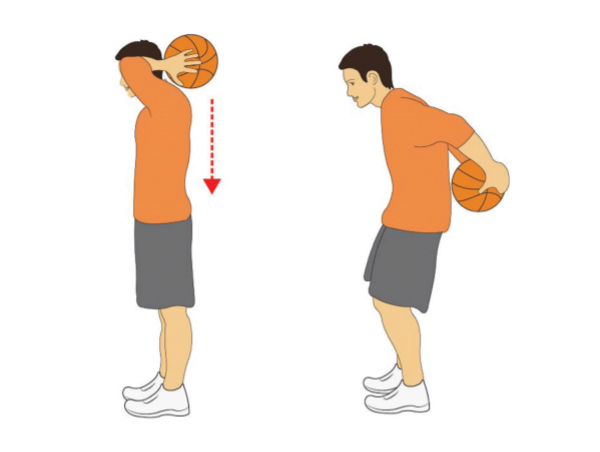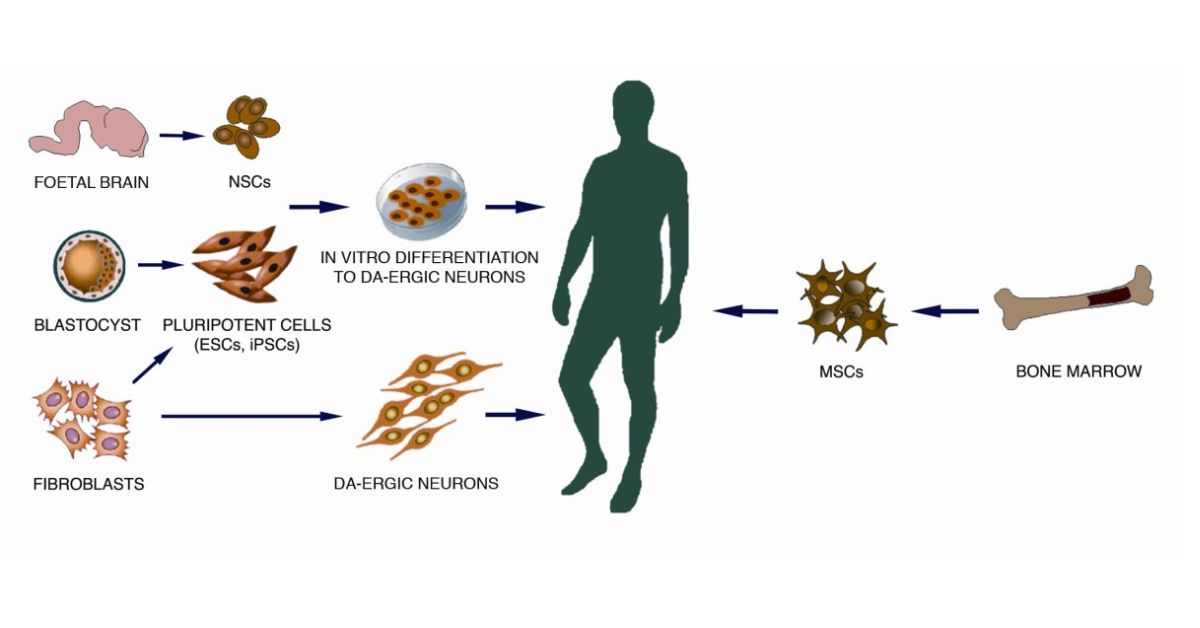Stress has become a buzzword we toss around daily, yet its impact on our well-being is no small matter. If you’re feeling overwhelmed, constantly on edge, or downright exhausted, you’re not alone. Modern life is demanding, chaotic, and often unforgiving, leaving many of us stuck in a cycle of high stress without even realizing it.
This blog will help you understand stress, what causes it, its effects, and most importantly, how to manage it. You’ll learn to identify the signs that your stress levels are creeping into unhealthy territory and discover effective solutions to regain control of your life.
What Exactly Is Stress?
At its core, stress is your body’s natural response to any demand or challenge. Think of it as your internal alarm system, designed to help you survive tough situations. When you perceive a threat or pressure, your body triggers a “fight or flight” response, releasing hormones like adrenaline and cortisol. These can increase your heart rate and sharpen your focus to help you tackle the issue at hand.
Stress itself isn’t inherently bad; in fact, it’s essential for survival. But when stress becomes chronic or excessive, it can start causing havoc, both physically and mentally.
The Good, the Bad, and the Ugly of Stress

The Positive Side of Stress
Believe it or not, stress can have its perks. Known as “eustress,” this type of stress helps you stay motivated, meet deadlines, and perform under pressure. Think about the butterflies you feel before a presentation or the surge of energy before tackling an ambitious project. Short bursts of stress can enhance your focus, build resilience, and even improve cognitive function.
When Stress Turns Toxic
The problem arises when stress evolves into “distress.” This harmful form of stress occurs when challenges persist too long or feel impossible to overcome. Instead of motivating you, it may leave you feeling drained, anxious, and even physically ill. Chronic stress can disrupt just about every system in your body, from suppressing your immune system to increasing your risk of heart disease.
How Common Is High Stress Today?
Stress is now a defining feature of modern life. Consider these eye-opening statistics:
- According to the American Psychological Association, 77% of Americans regularly experience stress-related physical symptoms.
- A WHO report found that workplace stress costs the global economy roughly $1 trillion annually in lost productivity.
- Millennials and Gen Z report higher stress levels than previous generations, often citing financial pressures and job insecurity as primary concerns.
Clearly, stress is more prevalent than ever, making it vital to address in our daily lives.
Signs Your Stress Might Be Out of Control
Physical Symptoms to Watch For
Stress often manifests in your body long before you fully acknowledge it:
- Persistent headaches or migraines
- Muscle tension or pain
- Fatigue or low energy
- Increased heart rate or chest pain
- Digestive issues, such as stomachaches
Emotional Red Flags
Unchecked stress can affect your emotional well-being as well. Look out for:
- Anxiety or constant worry
- Irritability or frequent mood swings
- Difficulty concentrating
- Feeling overwhelmed or helpless
Behavioral Changes
Stress also impacts how you behave. Common signs include:
- Trouble falling or staying asleep
- Overeating or loss of appetite
- Withdrawal from social activities
- Increased reliance on alcohol or other substances
Why Are We So Stressed Out?
Work and Career Pressures
The hustle culture glorifies long hours and constant productivity, leaving many professionals overwhelmed and burned out by unrealistic demands.
Personal Life Struggles
Balancing relationships, maintaining a household, or managing financial struggles can add immense pressure to already busy lives.
The Role of Technology
Social media and constant connectivity blur the lines between work and personal time, making it harder to unplug and recharge. Endless scrolling only amplifies feelings of inadequacy and anxiety.
Measuring Your Stress Levels
Not sure how stressed you are? Take a moment to check in with yourself:
- Rate your stress on a scale of 1 to 10 at different points in the day.
- Use stress-tracking apps to monitor patterns.
- Reflect on how your physical and emotional state aligns with the warning signs mentioned earlier.
The Health Risks of Chronic Stress
Impact on Your Body
Prolonged stress can lead to serious health issues like:
- High blood pressure and heart disease
- A weakened immune system
- Chronic fatigue and tension headaches
- Digestive disorders
Mental Health Consequences
Left unaddressed, chronic stress increases your risk of anxiety disorders, depression, and even burnout. It can also impact your memory and cognitive functioning over time.
Quick Fixes to Lower Stress Right Now
Need immediate relief? Try these quick techniques:
- Deep Breathing: A few minutes of deep, slow breaths can calm your nervous system.
- Take a Walk: Physical movement helps release stress-reducing endorphins.
- Pause: Take a moment to disconnect from your stressor, even if it’s just a 5-minute break.
- Music Therapy: Listen to calming or uplifting tunes to shift your mood.
Long-Term Strategies to Keep Stress in Check
Building Healthy Habits
Adopting good habits can improve how your body and mind handle stress:
- Exercise Regularly: Aim for at least 30 minutes of moderate activity most days of the week.
- Prioritize Sleep: Adults need 7-8 hours of quality rest per night.
- Eat Well: A balanced diet rich in fruits, vegetables, and lean proteins supports overall resilience.
Mindfulness and Meditation
Meditation can dramatically reduce stress by shifting your focus to the present moment. Apps like Calm and Headspace offer guided meditations that even beginners can follow.
When to Seek Professional Help
If stress starts affecting your health, relationships, or ability to function day to day, it may be time to consult a therapist or counselor. Professional help can provide tailored coping strategies and deeper insight into managing your stress.
Stress and Your Relationships
Unmanaged stress rarely stays contained; it often spills over into your interactions, potentially causing conflict with loved ones. Open communication and shared relaxation activities can help maintain strong, supportive relationships.
Busting Stress Myths
Common misconceptions like “stress only affects weak people” or “I work better under stress” can deter you from taking it seriously. Recognizing these myths enables you to take proactive steps.
Creating a Stress-Resilient Life
By setting boundaries, practicing self-care, and creating a lifestyle that prioritizes your well-being, you can build resilience to weather life’s inevitable challenges.
Taking Control of Stress for a Healthier Future
Stress may be an inevitable part of life, but letting it run unchecked doesn’t have to be. You can regain control and thrive by recognizing the signs, addressing the root causes, and using tools and strategies to manage it effectively. Take the first step today, and remember, you’re not alone in this battle.

Dominic O. McCoy is a passionate writer who loves crafting engaging and informative blogs on a wide range of topics. With a deep curiosity and a knack for storytelling, he explores everything from lifestyle and technology to business and home improvement. Whether breaking down complex ideas or sharing practical tips, McCoy aims to deliver valuable content that resonates with readers. When he’s not writing, he enjoys learning about new trends and expanding his knowledge to bring fresh perspectives to his work.





























































































